in brief
- A report from New Mexico Voices For Children (NMVC) brings awareness to racial inequities in language access that are creating barriers to economic security, housing security, education and health care during the pandemic for Asian, Pacific Islander (API) and African immigrant and refugee communities in New Mexico during the pandemic.
- Through multi-language surveys and interviews, the study documents the experiences of New Mexico’s diverse refugee and immigrant communities to understand how the pandemic has affected them to inform equity-based policies.
- Findings show that sixty-five percent had a family member who lost work since the beginning of the pandemic and 79% reported their households lost income since the beginning of the pandemic. Comparatively, 43% of all American households reported having lost income during the pandemic.
- Many people who are eligible for government services, public benefits and other resources are excluded from them, in large part due to language barriers. Several study participants expressed frustration with the systems they encountered, explaining, “Everything is in English.”
- NMVC collaborated with WKKF immigrant- and refugee-serving partner organizations, namely UNM’s United Voices for Newcomer Rights, New Mexico Asian Family Center and the New Mexico Black Leadership Council, to conduct interviews with immigrant and refugee community members and their case workers.
why this matters
Facing inequities in language access is not a new issue for API and African immigrants and refugees, but the problem has been exacerbated by the pandemic.
The report explains, “as a direct result, there are communities of New Mexicans who feel isolated and disconnected, who are facing disproportionate hardship during the pandemic and who are unable to readily access the government assistance for which they are eligible.”
The transition to remote education and reliance on unfamiliar technology, often combined with economic and housing insecurity, negatively impacted Asian, Pacific Islander (API) and African immigrant and refugee children’s education. The extent to which many New Mexicans are able to engage in the civic and democratic process is also impacted by insufficient language access.
the opportunity
The report documents the undue hardship faced during the pandemic by New Mexicans who speak languages other than English, raising awareness to these critical challenges.
The report offers a call to policymakers to address the urgent need for equitable language access in New Mexico.
Several WKKF grantees across New Mexico are working to address inequities in language access through a variety of programs.
A few examples include:
- New Mexico Asian Family Center provides culturally sensitive programs and services in multiple languages for the Pan-Asian community in New Mexico including legal support, case management, multi-generation family activities, financial education and more.
- New Mexico Black Leadership Council serves as a hub to serve the Black community in New Mexico to build capacity in four key areas: cultural vibrancy, health (physical, behavioral and financial), positive youth development and leadership, and civic engagement. This includes preserving the rich cultural heritage of African Americans and hosting workshops on physical, mental and financial wellness specific to the Black and African immigrant communities.
- As a statewide community-based and immigrant-led organization in New Mexico, Somos un Pueblo Unido provides education about worker’s rights, legal services and engages Spanish-only speakers in the political and electoral process. During the pandemic, it supported Spanish-speaking immigrant communities who needed access to state rental assistance.
- WKKF has invested in the quality of education for children in Gallup-McKinley County Schools by providing increased access to technology in rural areas while incorporating processes across the district for culturally-responsive teaching by developing bilingual language instruction in a distance learning approach.
- University of New Mexico United Voices for Newcomer Rights – Refugee and Immigrant Well-being project expanded services to community members and children during the pandemic through their Refugee Mentoring Project. Services included: interpretation, assistance in accessing public benefits, applying for citizenship, unemployment filings and health and safety education related to COVID-19.


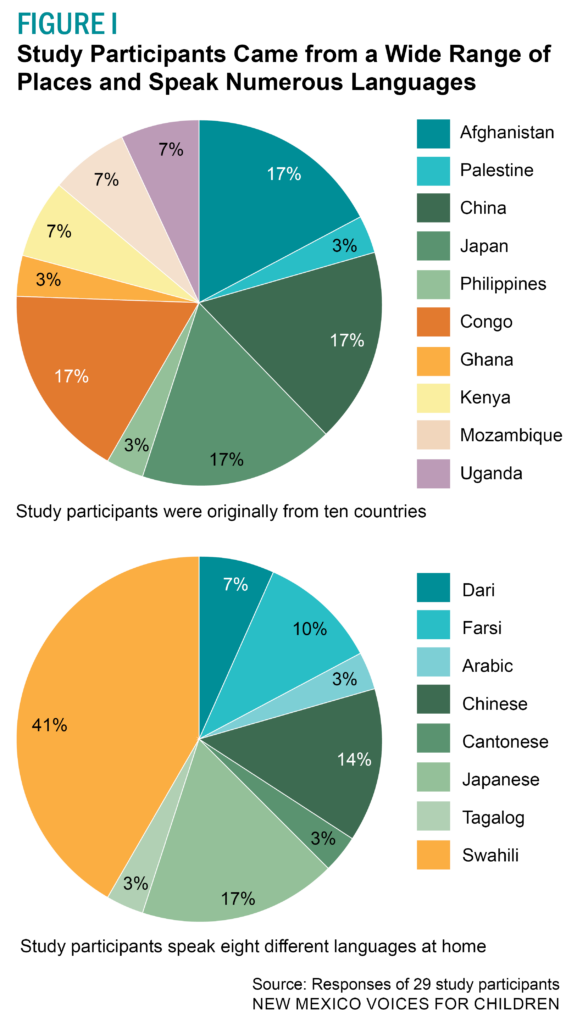

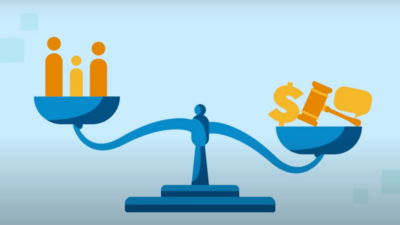
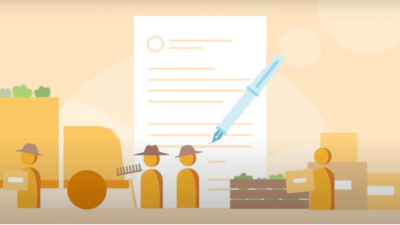
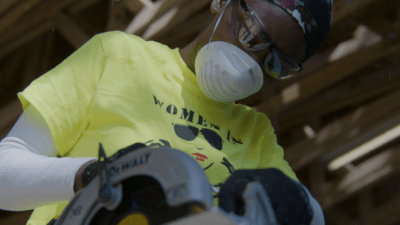
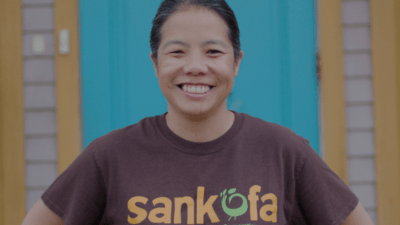

Comments